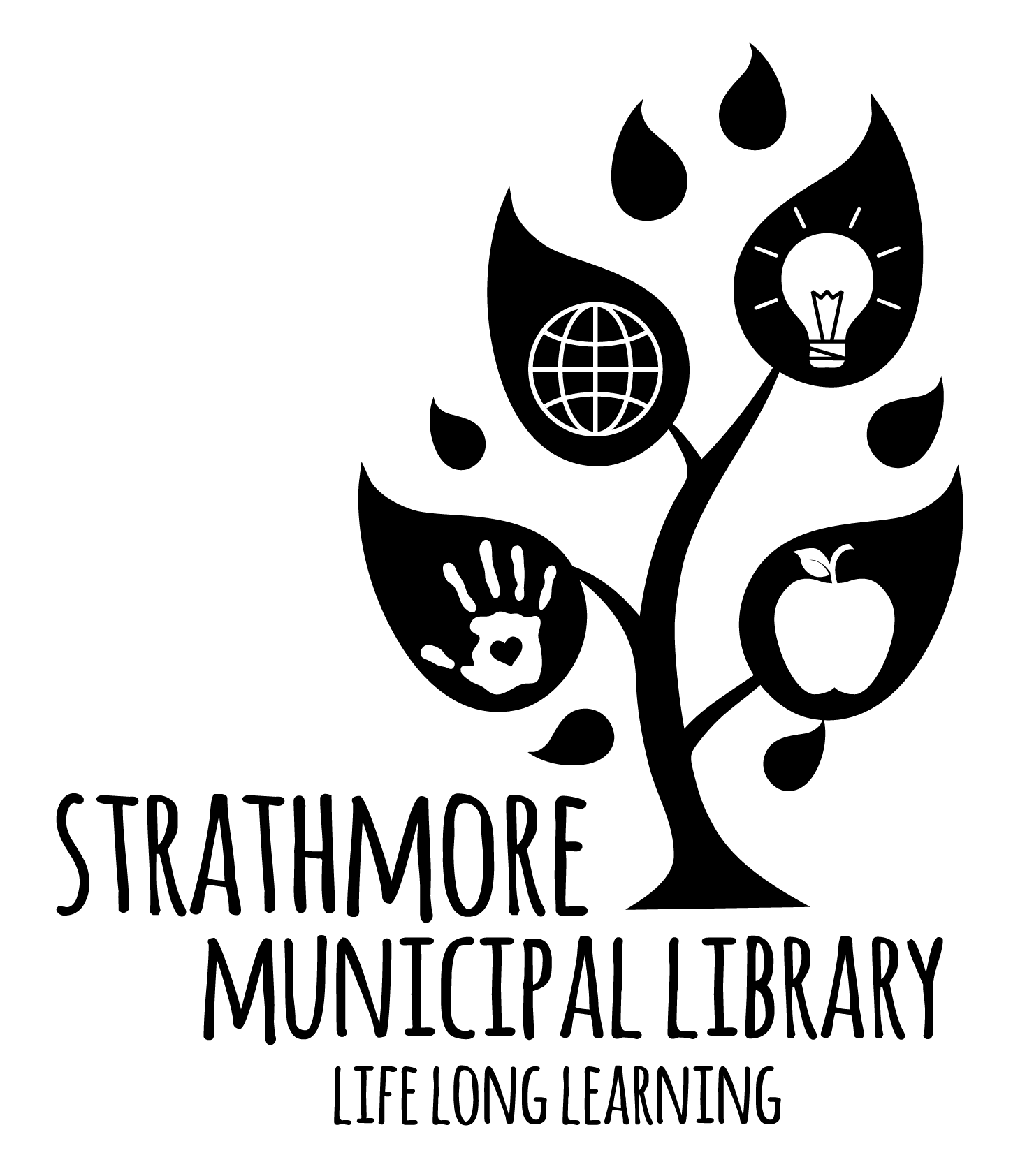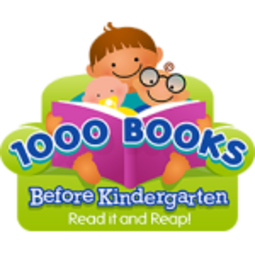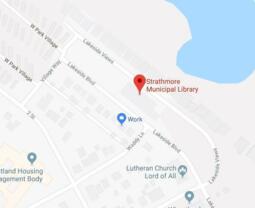Note: This article was written for library staff as tool to help patrons find resources who come to the library for support and resources.
Finding Information on Residential Schools
Library staff are not experts in all things, but we are in fact, experts on information. As such, when news, like the recent discovery of 215 children’s bodies in a mass grave at the site of a residential school is reported, we can expect patrons to come to us for support and resources.
This article is going to briefly address this news specifically and doing research generally as well.
I have always thought that libraries could play a significant role in overcoming the phenomenon of “fake news”. We have a responsibility to help the public with finding solid, well vetted information. A library card can be a powerful weapon for reason and knowledge. 4
I really enjoy social media, I have had a YouTube channel for a decade, I am a TikTok creator, I keep track of colleagues, family and friends on Twitter, Facebook and Instagram. I do not however recommend people use ANY of these platforms for education, at least not as sole sources. The algorithms which run social media are meant to earn money for the platforms and are designed to show the user more of whatever they already spend the most time looking at. This means that instead of actual research the information gathered on these sources will only pad your conformation bias.
When your patrons come to you for help in learning about the complicated history of Canada you can encourage them to access content in TRACPac and the eResources available with their library cards, beginning with Niche Academy, so they are well grounded in using the various data bases.
If someone is looking for a novel my choice is “Indian Horse” by Richard Wagamese. It is fiction but based on the lived experiences of many residential school survivors.
Monique Grey Smith, a Cree author, has created a helpful YouTube video which contains not just advice on how to discuss this subject with children but includes a very comprehensive list of books for children. I am happy to defer to her greater expertise and advise you to use her book list for younger readers.
The Truth and Reconciliation Report is available online and in many libraries as well. You can find an article on residential schools and unmarked graves here.
World-Changing Kids has a blog of current resources you can find here. They advise adults use these before discussing residential schools with children, you can find the list on their Facebook page as well. I recommend World Changing Kids for parents, teachers and librarians.
The first season of the CBC podcast “Telling Our Twisted Histories” begins with an episode called “School”. It is uncomfortable listening but enlightening.
An older resource is “A National Crime” by John S. Milloy. This historian uses government documents that tell a damning story about the conditions at the schools.



